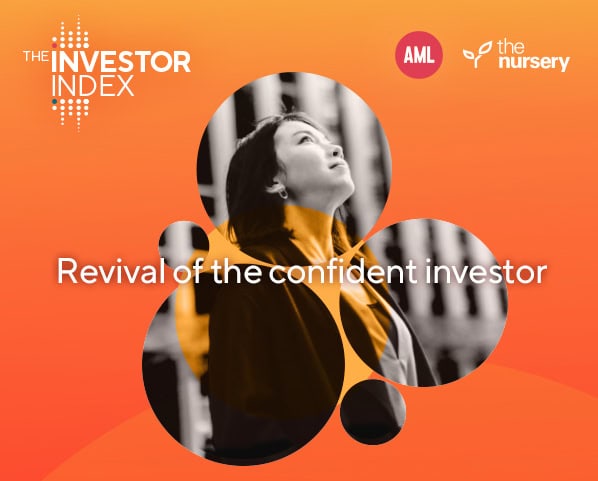Robo-advice is on the rise. Replacing face-to-face savings and investment advice with online, automated guidance and, in some cases, execution, it covers a range of services and varies widely in sophistication.
Some are relatively simple online forms and calculators that match a user’s input to the appropriate fund. Others are more complicated algorithms designed to take a view of the market (past, present and future) and advise an investor on the best possible investment decision.
At AML, we are fortunate to work with clients at the forefront of this sector. Most recently, the robo-advice and investment-risk tech specialists, eValue. This has given us a strong insight into the perceived pros and cons of the technology, showing how investors weigh up the benefits of machine-driven advice against their concerns of reduced human interaction. But this trade-off isn’t anything new.
Pop culture has long explored the interaction and dependability of a subservient robot; from Samantha (the intelligent Operating System in Spike Jonze’s excellent 2013 film Her) back to the early ’80s with The Hoff’s trusted car KITT.
At the same time HAL (2001: A Space Odyssey) and SkyNet (the Terminator series) have played upon our worst fears by reminding us that humans must keep control at all costs – or else very bad things happen. It is with this duality whispering (with unnervingly unemotional intonation) in our collective subconscious that we embrace, but perhaps not fully, the benefits of machine-led investment advice.
After all, having a conversation with a chatbot about your Amazon package delivery is one thing; staking your financial future on the advice of a robot is quite another. How we choose to invest our hard-earned cash is hugely important to us. From whom or from what we get our advice is an equally critical decision.
We’ve learnt that there are many marketing tactics we can deploy to help drive these decisions in favour of fintech. We can point at results, we can lean on the experience and human knowledge that sits behind the technology or we can simply try to wow with innovation. In some cases we can do all three; whatever’s needed to develop that innate human need: trust.
Humanity may not be completely ready for this step yet but financial marketeers would be smart to pick a partner ready for when they are.


